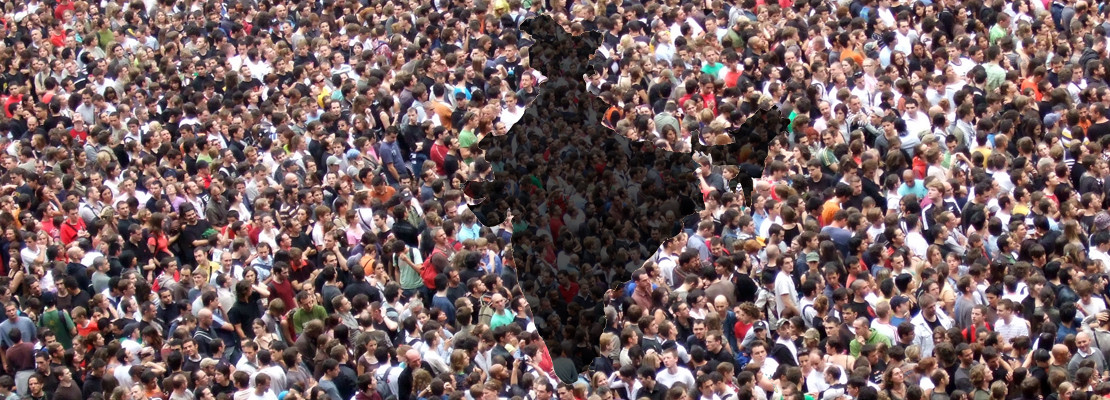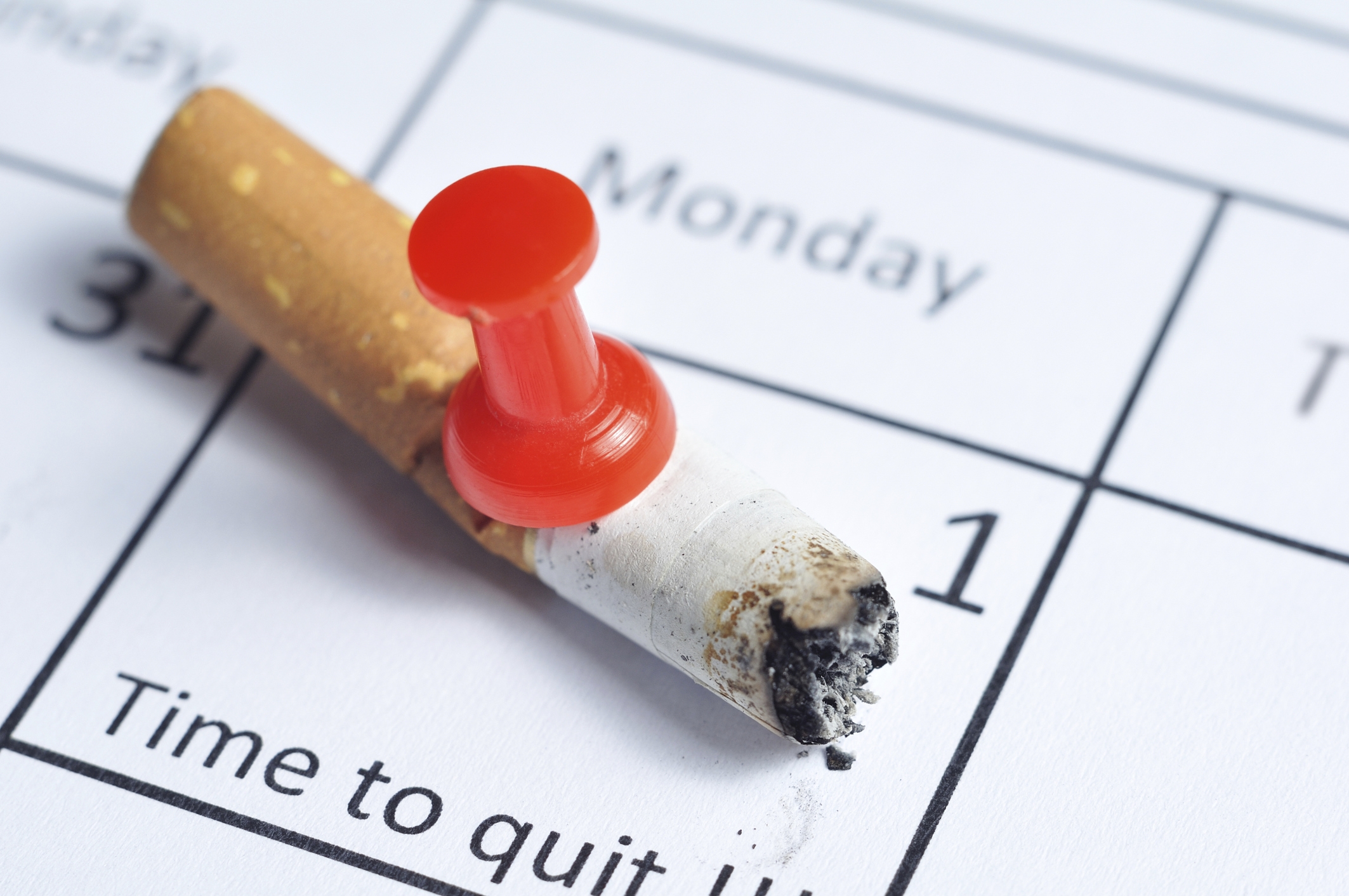
Depression is a serious mood disorder that affects the way you feel, think and handle daily activities such as sleeping, eating, or working. In response to the World Health Organisation’s Lets Talk theme on this year’s World Health Day, observed on April 7, the Association of Hospital (AOH) has called on the general public to take rapid action and make sure that their loved ones who are suffering from depression seek and get help.
Depression is a leading cause of ill health and disability worldwide. Lack of support for people with mental disorders, coupled with a fear of stigma, prevent many from accessing the treatment they need to live healthy, productive lives.
According to the latest estimates by WHO, more than 300 million people are now living with depression, an increase of more than 18 per cent over the last decade.

For someone living with depression, talking to a person they trust is often the first step towards treatment and recovery. The thumb rule in order to fight depression is never hide how one feels. Now days there are multiple depression treatment centres in India which help patients come out of the trauma, sais Gautam Khanna, Vice President of the Association of Hospitals.
Depression is also an important risk factor for suicide, which claims hundreds of thousands of lives each year. In India, about 46,000 suicides occurred each in 15“29 and 30“44 age groups. Each year, between 30 and 40 people in India aged between 15 and 29 kill themselves due to depression. But generally speaking, other symptoms of depression can be attributed to mental disorder, bipolar disorder, schizophrenia, alcoholism or drug abuse, troubles with interpersonal relationships, and bullying, which often make the suicidal persons attempt to desperately escape by ending their own lives,” he added.
In addition, people with depression normally have the following health risks associated:

- Loss of energy
- Change in appetite
- Sleeping more or less
- Anxiety
- Reduced concentration
- Indecisiveness, restlessness and feelings of worthlessness, guilt, or hopelessness
- Depression also increases the risk of substance abuse
In order to overcome these disorders one can undergo a general check-up with a physician; participate in talk therapy, brain stimulation therapy, neurofeedback-biofeedback therapy; supported living; indulge in activities like going to a funny movie or having dinner at the favourite restaurant.
Exercise is especially helpful, so try to get your depressed loved one moving, experts suggest.
Be a part of Elets Collaborative Initiatives. Join Us for Upcoming Events and explore business opportunities. Like us on Facebook , connect with us on LinkedIn and follow us on Twitter , Instagram.












